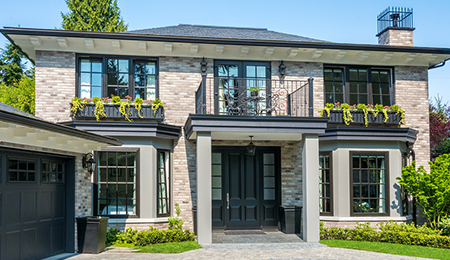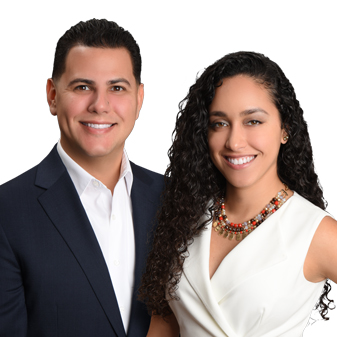What is good faith money?
When a buyer’s offer on a home is accepted, they’ll include a deposit called the earnest money deposit with a deadline on when the funds will be deposited to the escrow agent. Normally, the escrow agent is also the one who will handle the closing. The earnest money deposit is supposed to show good faith that the buyer is serious about purchasing the home, and it goes toward their down payment and closing cost at settlement.
In central Florida, the normal earnest money amount is between 1% and 3% of the sales price, though it can vary. If there are multiple offers on the home, a buyer might want to increase their earnest money deposit to make their offer look stronger to the seller.
“The earnest money deposit shows good faith that the buyer is serious about purchasing the home.”
If the buyer were to back out of the contract, both parties have to agree to this decision before the funds are released to either party. If the buyer has a home inspection contingency, finance or appraisal contingency, or another contingency, they can use them as options to void the contract and they will get their earnest money deposit back. Once the contingencies have expired, the earnest money deposit is at risk.
If you have any real estate questions or needs, or if you know of anyone we can help, reach out to us anytime. We hope to hear from you soon.



